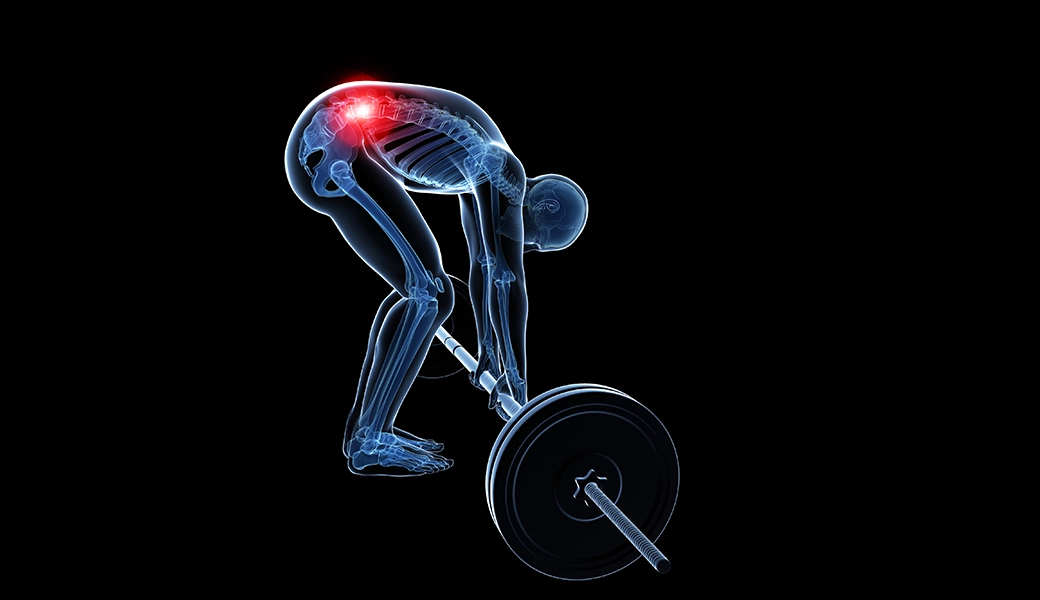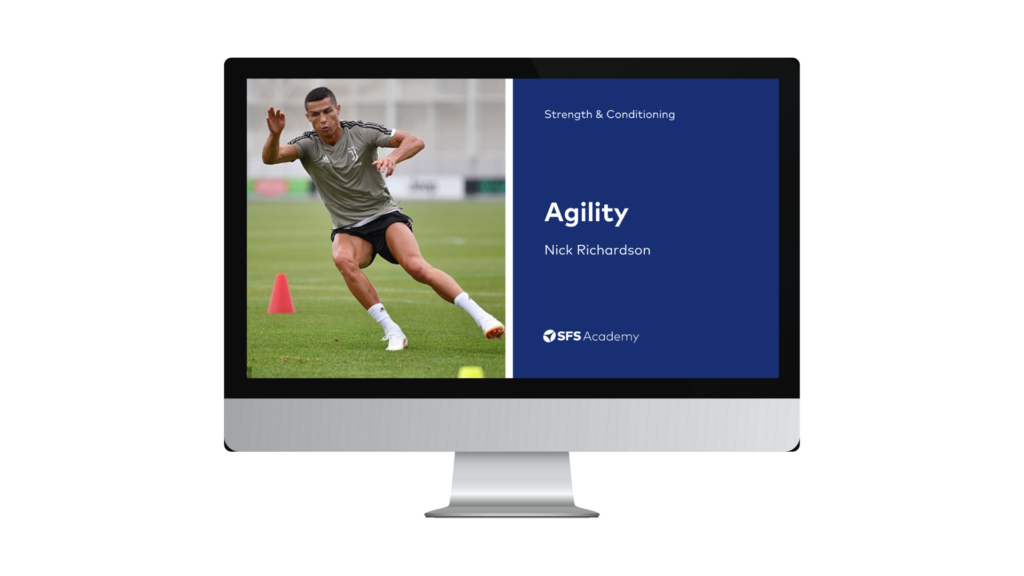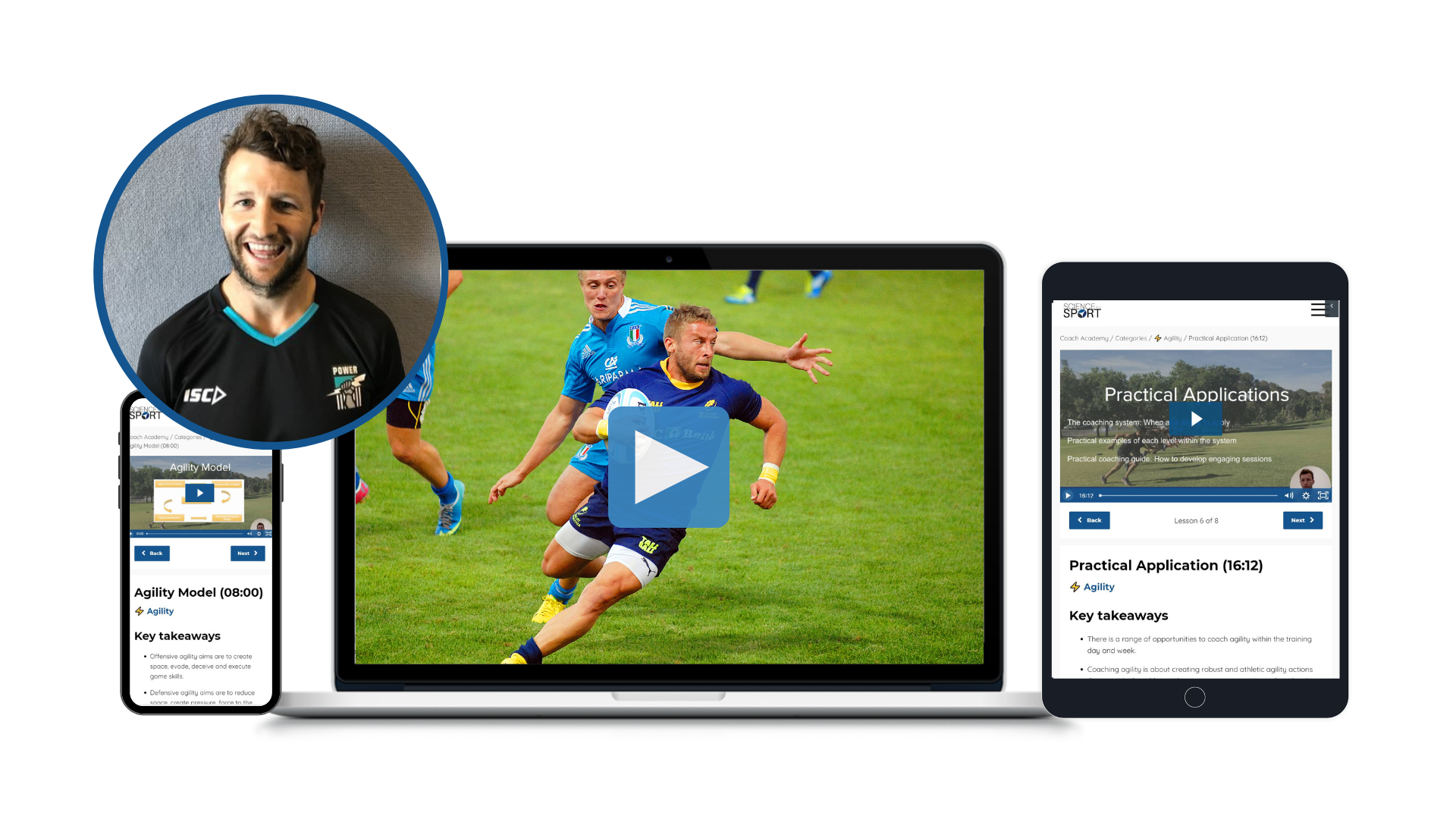This week in the world of sports science, here’s what happened…
- The “rounded-back” when lifting weights debate
- The quality of YouTube sports nutrition videos
- The power of a coach’s smile
The “rounded-back” when lifting weights debate
The attention-grabbing video “Can Rounding Your Back Be Good In Weight Training?” sparked much debate this past week. The traditional school of thought is that your spine should not be rounded during weight training. However, some believe that spinal flexion (rounding) when weight training is potentially beneficial. The video does an excellent job of scrutinizing both sides of the debate.
The main reason for avoiding a rounded back during lifting is injury risk. Lifting heavy from a rounded back position has always been associated with danger. Keeping the spine neutral or even in slight lordosis (arched) is considered safer. When the spine is neutral the forces are spread more evenly, and it is perceived by many to be the safer and more powerful position.
The opposing argument is that you build resiliency through exposure to all movements and positions and spinal flexion (rounding of the back) is no different. Those on this side of the debate also believe that most of the “injury risk” associated with rounding the back is theoretical and not scientific. In fact, they believe that lifting with a rounded back may improve strength in this position and reduce the risk of injury.
While it is safe to assume most S&C coaches will continue to cue a neutral spine for safety, it is a thought-provoking subject.
The quality of YouTube sports nutrition videos

An alarming study investigating sports nutrition topics on YouTube was published this past week. YouTube is one of the most popular social media and video-sharing platforms with more than two billion users. Many coaches, athletes and regular exercisers are now using YouTube for sports nutrition education. However, the validity of the information in the videos cannot be guaranteed and may actually be inaccurate or misleading.
Therefore, the goal of this study was to investigate the quality and reliability of sports nutrition videos on YouTube as educational material for its watchers. A total of 114 sports nutrition videos met the criteria for selection. The 114 videos have been viewed over 40 million times!
Worryingly, only 25% of the videos were presented by a qualified dietician whereas 50% of videos were presented by non-healthcare professionals (trainers and athletes). Most of the information presented was based on personal stories and experiences which is deemed less reliable.
After analysing the videos, the researchers concluded that sports nutrition videos on YouTube show low accuracy and reliability. Professionals working with athletes need to be aware that athletes might be misled or misguided by YouTube videos. It is so important the most reliable, valid, and up-to-date information is reaching our athletes.
If you are interested in reliable, valid, and up-to-date sports nutrition information, why not check out some of our courses:
- Nutrition for Youth Soccer Players
- Nutrition for Endurance Runners
- Nutrition for the Female Athlete
- Post-Exercise Nutrition
- Making Weight in Sport
- Carbohydrates For Team Sports
The power of a coach’s smile

A remarkable study investigating the impact of a coach’s smile was published this past week in the International Journal of Sports Science and Coaching. During a performance-based task, coaches gave either a dominance or reward smile to the athletes. Typically, a dominance smile conveys more superiority but lower levels of positivity whereas a reward smile involves more activation of muscles in the cheeks and mouth, displaying higher levels of positivity (please see image above).
The psychological and physiological effects of both smiles were examined. Results showed that athletes who perceived a dominance smile from their coach had higher heart rates than those perceiving reward smiles. Athletes reported feeling less happy about their performance when they had perceived a dominance smile as well.
Amazingly, a subtle change in a coach’s facial expression influenced athlete’s heart rates and performance experience in this study. It highlights that coaches must be aware of their facial expressions and how they can impact their athletes. So next time you are coaching, smile and see how it impacts your athlete! Let us know what you found!
From us this week:
>> New course: Nutrition for Youth Soccer Players
>> New podcast: How You Can Use Small-Sided Games To Optimise Football Fitness
>> New infographic: The Role Of VR In Sports Decision Making Training: A Systematic Review
>> New article: VO₂ MAX
Access to a growing library of sports science courses
SFS Academy is an all-access membership to premium sports science education.
With SFS Academy, you’ll learn from some of the best coaches around the world as they teach you how to apply the latest research and practice with your athletes.
Get instant access when you join today on a 7-day free trial.
I hope you enjoyed this week’s roundup of the hottest sports science news, and as always, we’ll be back next week with more to keep you at the forefront of the industry.




